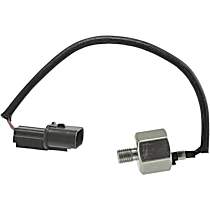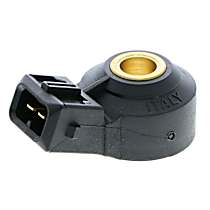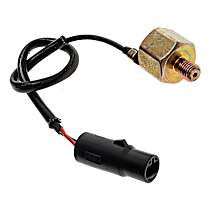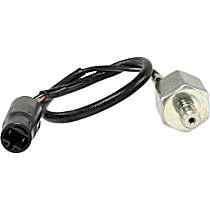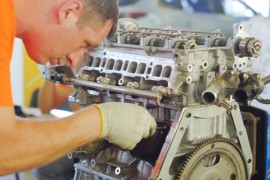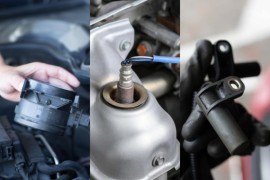{
"lazyNodes": false,
"abFitnotesFlag": false,
"abCrawlReviews": true,
"productOptionsCookie": false,
"orderDelayFlag": false,
"skipSessionCookie": false,
"covidMessage": false,
"fullTitleCookie": false,
"nrLoggerCookie": true,
"checkoutReviewCookie": false,
"productOptionSeqCookie": false,
"maintenanceFlag": false,
"bufferETACookie": false,
"multiShippingDiscountFlag": false,
"newFitmentFlag": false,
"surveyOptInFlag": true,
"crossSellFlag": false,
"skuMappingFlag": false,
"paySplitCookie": false,
"callDisableFlag": true,
"zipPaymentFlag": "c",
"hassleFreeReturn": true,
"lifetimeReplacement": true,
"cpn_off": false
}Mitsubishi Mirage Knock Sensors
Shop Catalog
![]() WARNING: This product can expose you to chemical which is known to the State of California to cause cancer and birth defects or other reproductive harm. For more information go to www.P65Warnings.ca.gov.
WARNING: This product can expose you to chemical which is known to the State of California to cause cancer and birth defects or other reproductive harm. For more information go to www.P65Warnings.ca.gov.
![]() WARNING: This product can expose you to chemical which is known to the State of California to cause cancer and birth defects or other reproductive harm. For more information go to www.P65Warnings.ca.gov.
WARNING: This product can expose you to chemical which is known to the State of California to cause cancer and birth defects or other reproductive harm. For more information go to www.P65Warnings.ca.gov.
![]() WARNING: This product can expose you to chemical which is known to the State of California to cause cancer and birth defects or other reproductive harm. For more information go to www.P65Warnings.ca.gov.
WARNING: This product can expose you to chemical which is known to the State of California to cause cancer and birth defects or other reproductive harm. For more information go to www.P65Warnings.ca.gov.
![]() WARNING: This product can expose you to chemical which is known to the State of California to cause cancer and birth defects or other reproductive harm. For more information go to www.P65Warnings.ca.gov.
WARNING: This product can expose you to chemical which is known to the State of California to cause cancer and birth defects or other reproductive harm. For more information go to www.P65Warnings.ca.gov.
